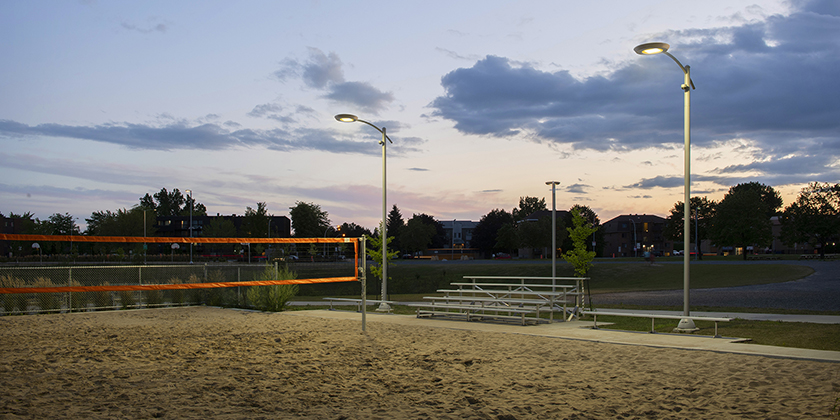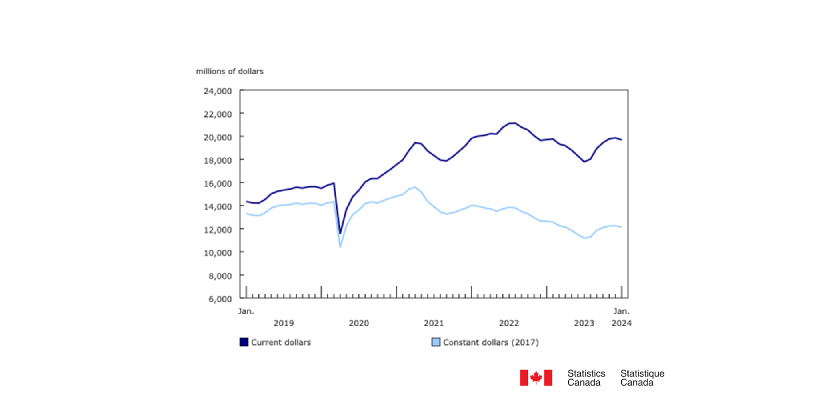Dalhousie Battery Researcher Wins NSERC Herzberg Gold Medal

February 7, 2017
Jeff Dahn, Canada’s leader in lithium-ion battery research and one of the world’s leading innovators in battery technology, is the latest recipient of the Gerhard Herzberg Canada Gold Medal for Science and Engineering, presented by the National Science and Engineering Research Council (NSERC).
The NSERC Herzberg Medal is awarded annually for both the sustained excellence and overall influence of research work conducted in Canada in the natural sciences or engineering.
If you’re reading this on a smartphone, tablet, laptop, or as a passenger in an electric car, you have lithium-ion battery researchers to thank. Since his days as a graduate student, Dahn has been a pioneer in the research and development of the lithium-ion batteries that are commonplace in today’s mobile technology.
The work accomplished by the Dahn Lab at Dalhousie University has had an impact on nearly every aspect of lithium-ion battery research. From conducting fundamental studies on all of the materials used in lithium-ion batteries, to co-inventing some of the positive-electrode materials used in lithium-ion cells for power tools, grid energy storage and electric vehicles, Dahn’s research has contributed to making these long-lasting batteries part of our everyday lives.
Throughout his career, Dahn and his team have approached every challenge as an opportunity to improve lithium-ion battery technology. For instance, when faced with the problem of proving that lithium-ion batteries could be made to last 20 years, without actually waiting 20 years, Dahn and his team invented a high-precision tester that could accurately determine battery lifespan in a matter of weeks instead of decades. The new technology quickly caught the eye of lithium-ion battery manufacturers and original equipment manufacturers, leading Dahn’s graduate student Chris Burns to form a spin-off company (the second from the Dahn Lab) to supply the demand for this new machine.
In June 2016, Tesla Motors, the world leader in electric-vehicle and grid energy-storage technology, NSERC and Dalhousie University formed the NSERC/Tesla Canada Industrial Research Chair, with Dahn as the chairholder. This is the first and, to date, only time Tesla Motors has partnered with a university researcher. Some of the goals of their collaboration are to develop lithium-ion batteries for automobiles and grid energy storage that are cheaper, more powerful and longer lasting, thus helping to ensure the wider adoption of electric vehicles and renewable energy.










![Guide to the Canadian Electrical Code, Part 1[i], 26th Edition – A Road Map: Section 10 – Grounding and Bonding](https://electricalindustry.ca/wp-content/uploads/2022/11/Guide-CE-Code-2.png)





